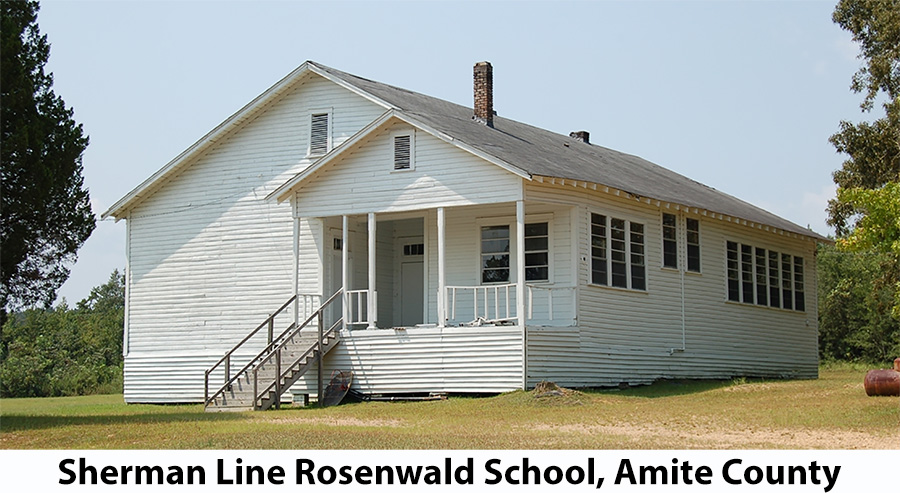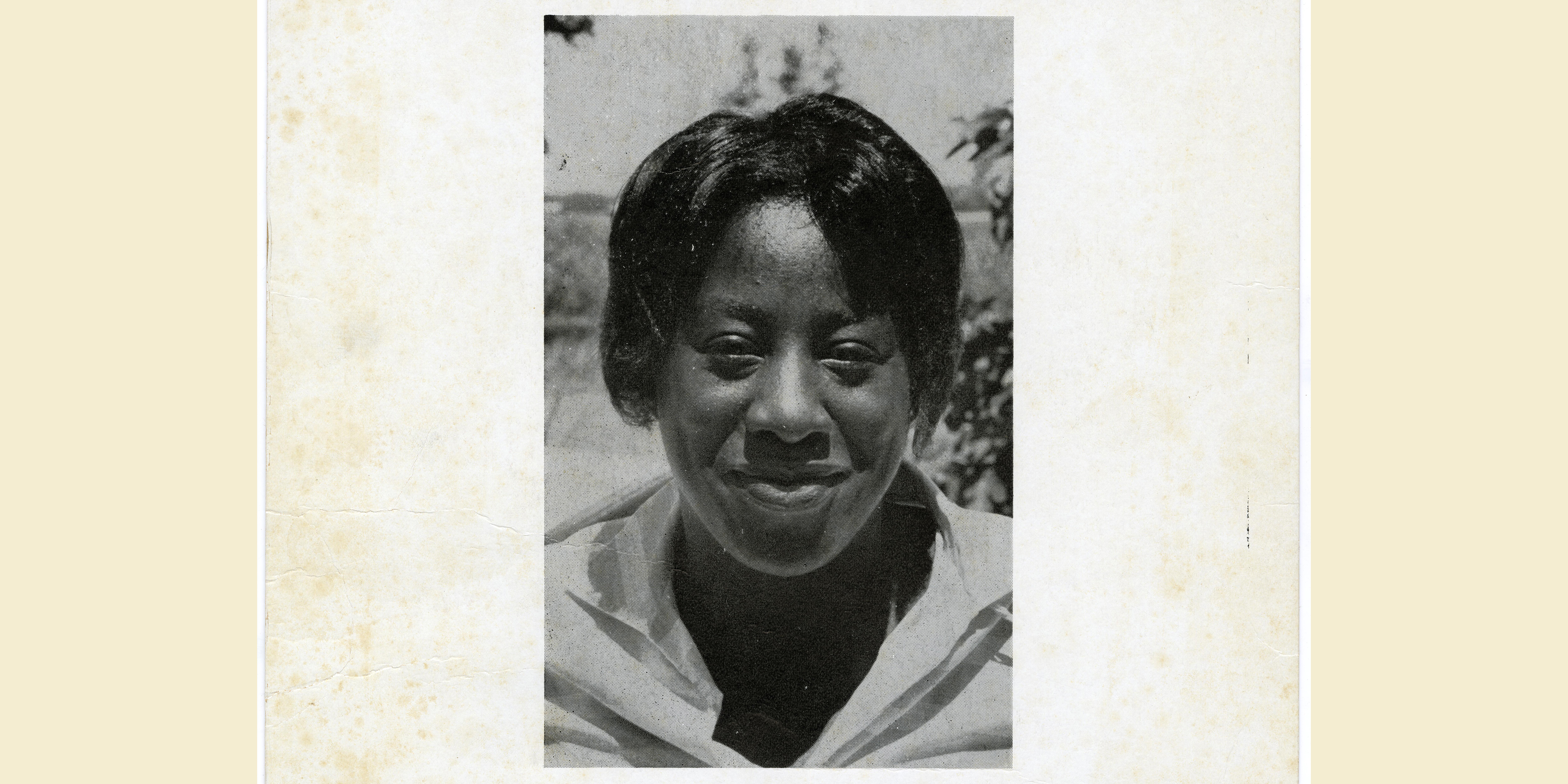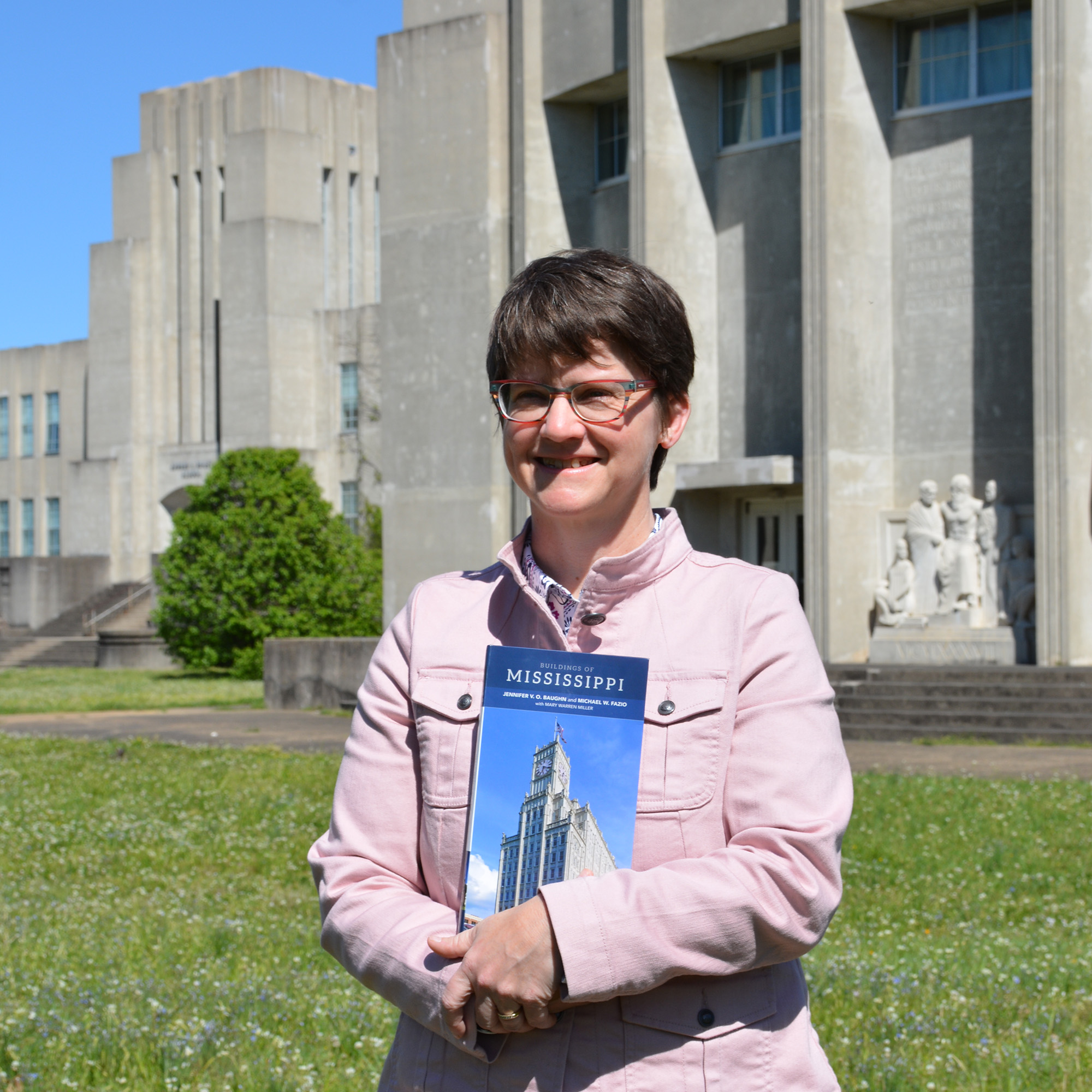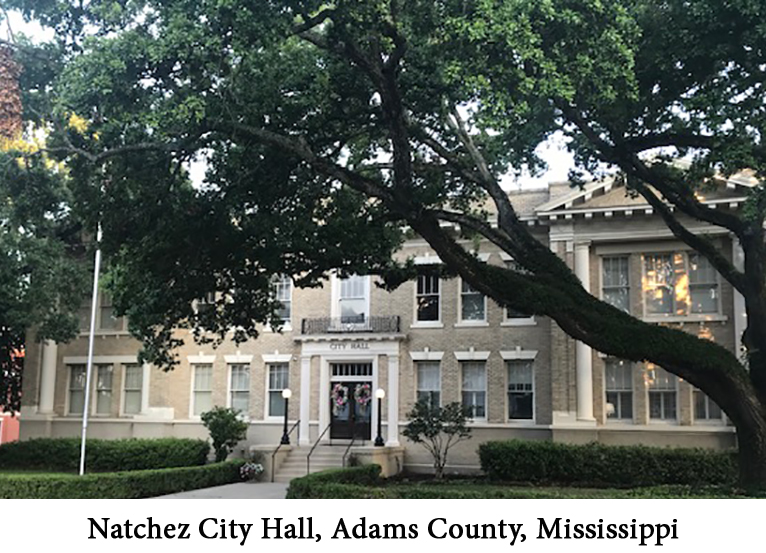Over $1.2m in Mississippi Historic Site Preservation Grants Awarded
The Mississippi Department of Archives and History (MDAH) has announced the 2023 grantees for the Mississippi Historic Site Preservation Grant (MHSPG) program.
In 2021, the Legislature authorized the creation of the MHSPG program to acquire sites related to Civil War battles, Native American archaeology, and civil rights history. These funds will allow endangered and significant properties to be preserved.
Funds in the MHSPG program are used to defray costs for land acquisition to protect historic properties. A one-to-one match is required. For example, an organization receiving $50,000 from MDAH must provide $50,000 in matching funds or other eligible equivalent, which cannot be from other state sources. The fund will only provide up to fifty percent of the appraised value of the property. Colleges and universities, historical societies, state agencies, local governments, and 501(c)(3) nonprofit organizations are eligible to apply.
“For over 20 years, the state legislature has offered generous support for Community Heritage Preservation Grant funding, which has aided in the rehabilitation of hundreds of Mississippi's historic courthouses, schools, and other landmark buildings,” said Barry White, director of the Historic Preservation Division at MDAH. “This new MHSPG program builds upon our role in preservation by assisting our partners with the acquisition of significant historic properties. These grants elevate Mississippi’s capability to preserve the historic integrity of these properties, tell their broader stories, and attract new visitors.”
A receiving property may have significance in more than one area, such as a battlefield with a recorded archaeological site within its boundaries, which will be taken into consideration in scoring applications. In addition, the property must have been previously recognized as significant. It must be individually listed in the National Register of Historic Places, listed in the 1993 Civil War Sites Advisory Commission Report on the Nation’s Civil War Battlefields, or identified as nationally significant in a National Park Service Special Resource Study.
The grantee sites for this year are as follows:
Howell Tract, Prentiss County, American Battlefield Trust - $375,000
This tract is within the Core and Study Areas of the Brice's Crossroads battlefield.
Pendleton Tract, Hinds County, American Battlefield Trust - $539,000
This tract is within the Core Area of the Champion Hill battlefield. It consists of six continuous tracts, the loss of which could endanger the access to the proposed Champion Hill unit of Vicksburg National Military Park.
Harmon Tract, Alcorn County, American Battlefield Trust - $110,000
This tract is within the Core and Study Areas of the Corinth battlefield. It is almost entirely unimproved and features extant Civil War earthworks. The property is within the legislative boundaries of Shiloh National Military Park, and the National Park Service is actively pursuing its acquisition.
Buford Tract, Warren County, American Battlefield Trust - $50,000
This tract is within the Core Area of the Chickasaw Bayou battlefield and is threatened by development in Vicksburg. The property will be subject to a day-of restoration and transferred to the Friends of Vicksburg. Chickasaw Bayou is currently one of the least protected of Mississippi’s battlefields.
Jones Tract, Warren County, American Battlefield Trust - $30,000
This tract is within the Core Area of the Chickasaw Bayou battlefield.
Shiers Tract, Warren County, American Battlefield Trust - $67,500
This tract is within the Core Area of the Chickasaw Bayou battlefield. The property is in danger of being sold to commercial interests for reuse.
Wilson Tract, Warren County, American Battlefield Trust - $52,500
This tract is within the Core Area of the Chickasaw Bayou battlefield.
For more information call 601-576-6940, or email info@mdah.ms.gov



 A new book uses Mississippi’s civic structures, log cabins, schools, mansions, and skyscrapers to broaden our understanding of the state’s history. Buildings of Mississippi, co-authored by Jennifer V.O. Baughn and Michael Fazio with contributions by Mimi Miller, is the definitive guide to understanding Mississippi’s rich architectural heritage.
A new book uses Mississippi’s civic structures, log cabins, schools, mansions, and skyscrapers to broaden our understanding of the state’s history. Buildings of Mississippi, co-authored by Jennifer V.O. Baughn and Michael Fazio with contributions by Mimi Miller, is the definitive guide to understanding Mississippi’s rich architectural heritage. At a regular meeting on January 22, the Board of Trustees of the Mississippi Department of Archives and History awarded nearly $3 million on behalf of the Community Heritage Preservation Grant program to eighteen preservation and restoration projects from across the state. The Community Heritage Preservation Grant program, authorized and funded by the Mississippi Legislature, helps preserve and restore historic courthouses and schools in Certified Local Government communities and other historic properties.
At a regular meeting on January 22, the Board of Trustees of the Mississippi Department of Archives and History awarded nearly $3 million on behalf of the Community Heritage Preservation Grant program to eighteen preservation and restoration projects from across the state. The Community Heritage Preservation Grant program, authorized and funded by the Mississippi Legislature, helps preserve and restore historic courthouses and schools in Certified Local Government communities and other historic properties.